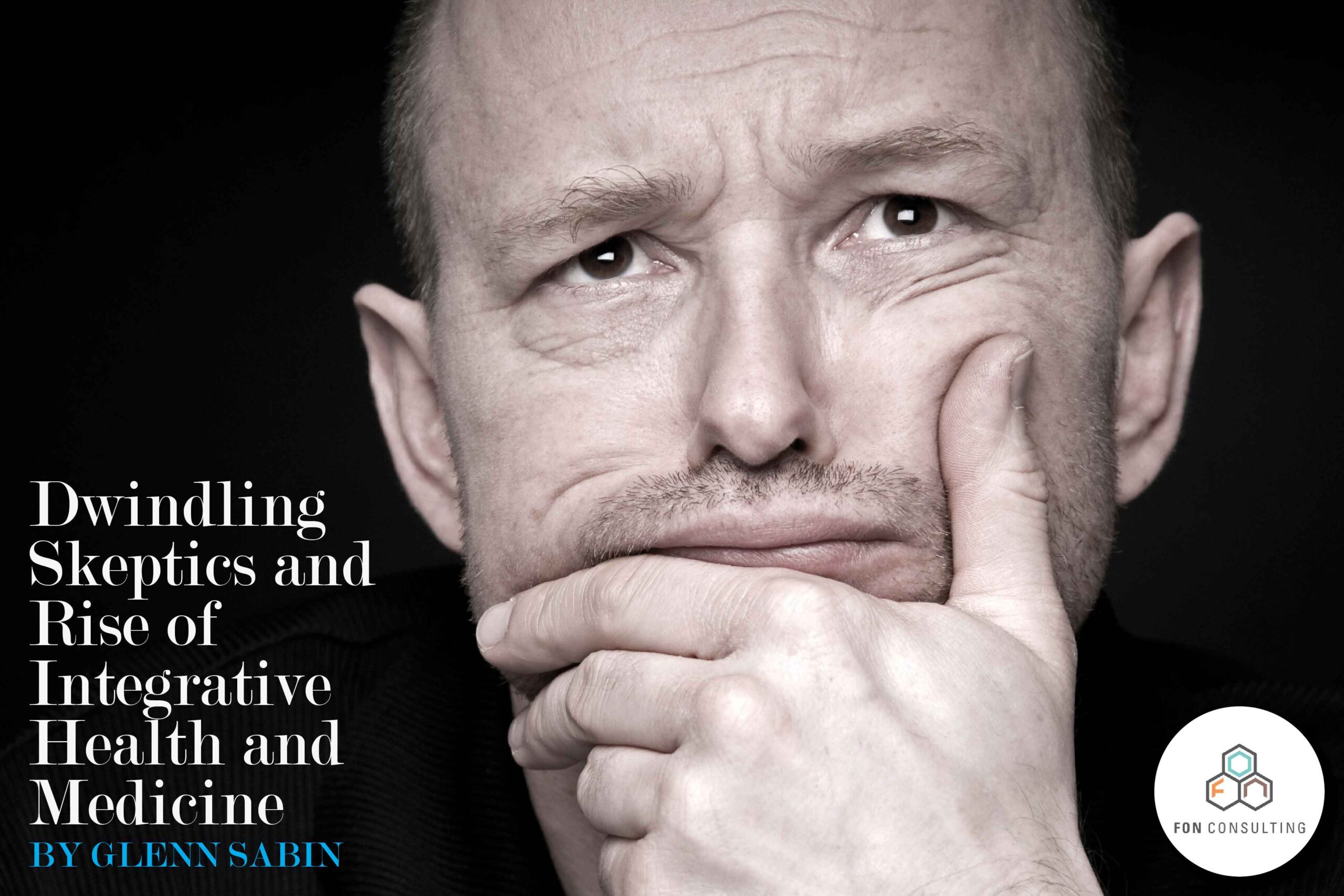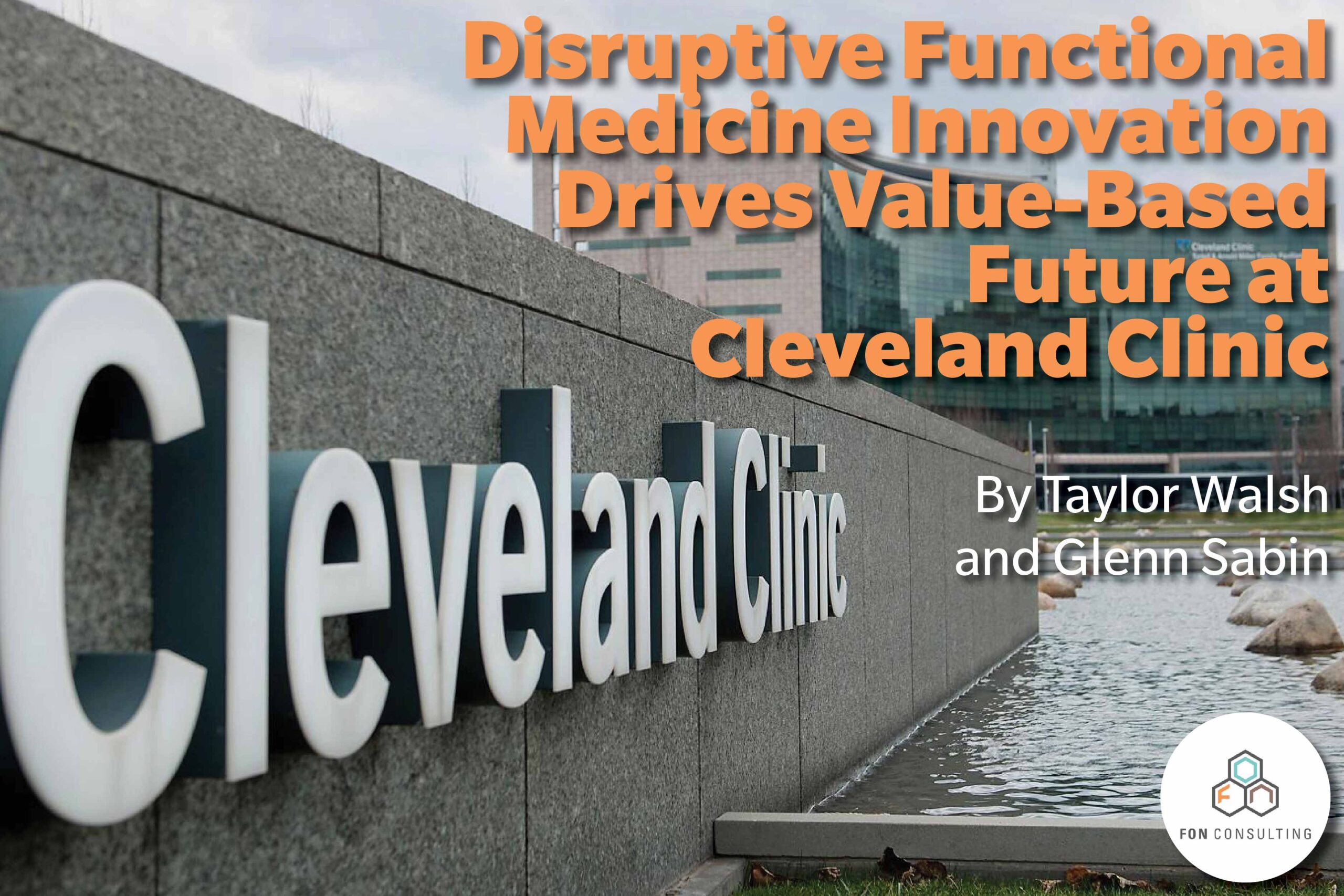CAM is Dead
By Glenn Sabin Over the past 25 years, practitioners integrating the best of Western and Eastern medicine have endured a series of catch-all titles describing their model of care. Until recently, all medicine not tacking closely to Western conventional allopathic care was termed “alternative”. The term complementary and alternative medicine (CAM) began to seep into mainstream medical vernacular about 1998 when NIH’s National Center for Complementary and Alternative Medicine (NCCAM) became




